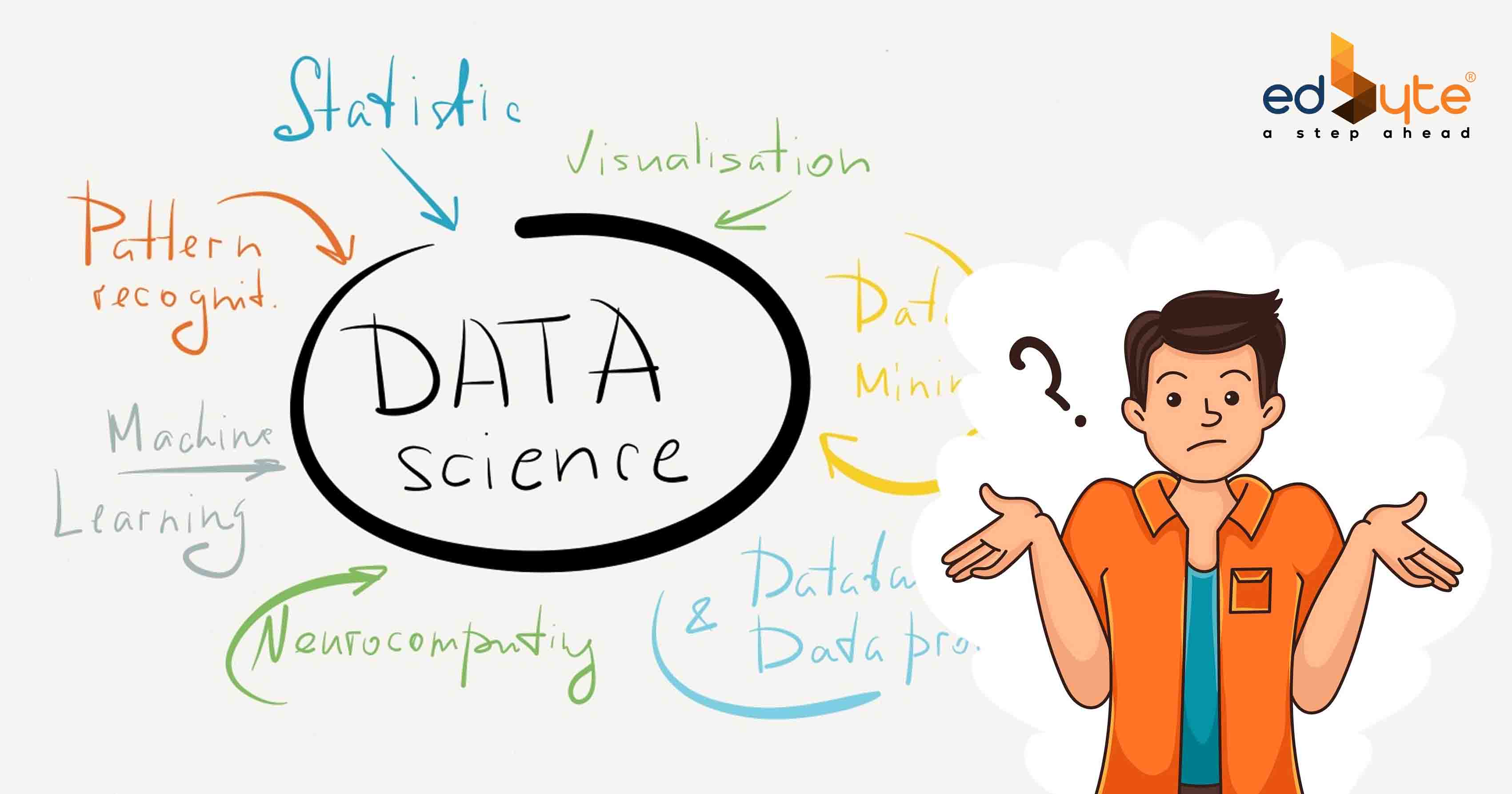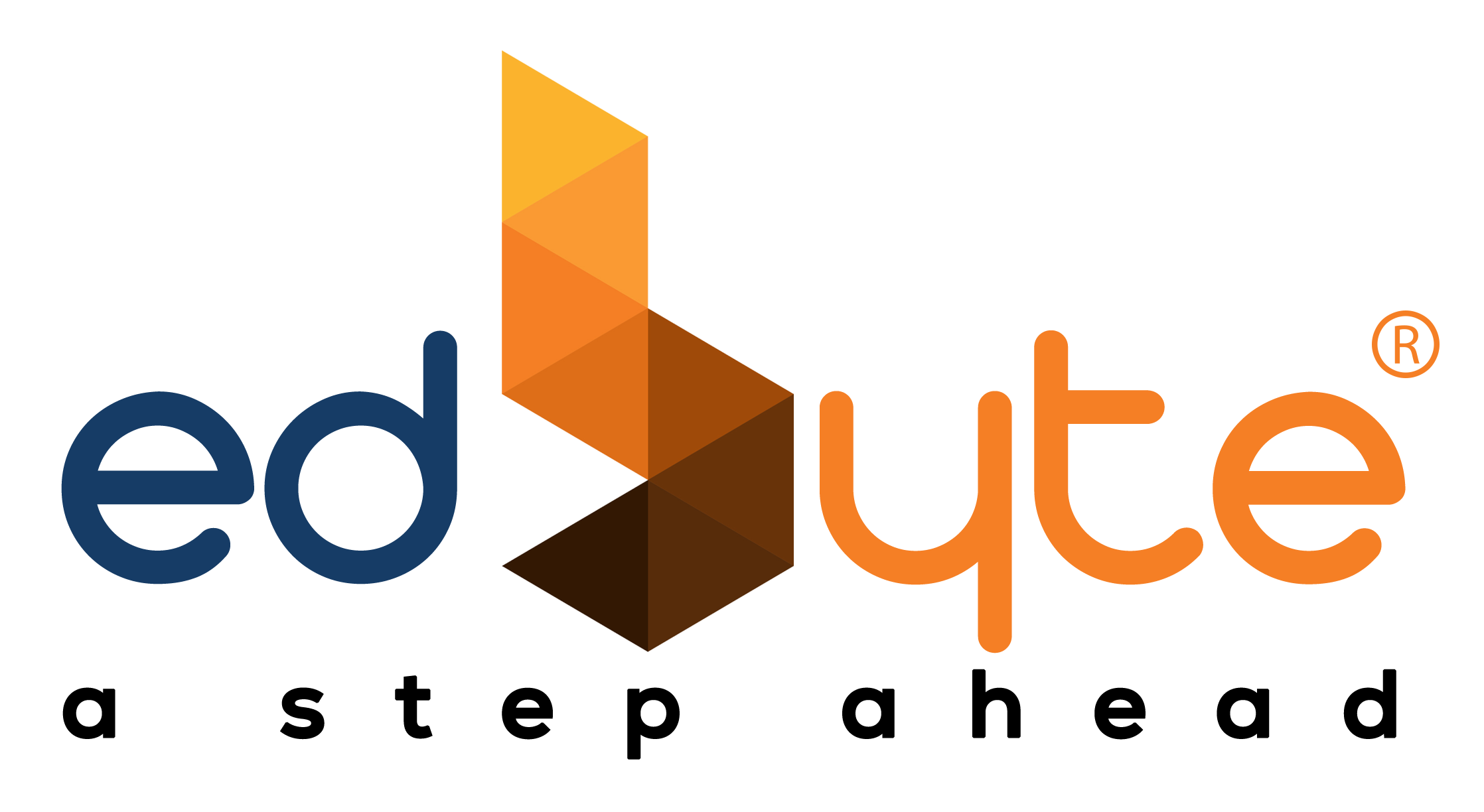The world is swimming in data. From every click you make online to the purchases you swipe your card for, a massive trail of information is constantly being generated. But what use is all this data if it remains a disorganized jumble of numbers? This is where data science steps in.
Data science is the art of extracting knowledge and insights from data. It's a blend of statistics, computer science, and domain knowledge that allows us to uncover hidden patterns, answer complex questions, and make data-driven decisions. Think of data scientists as the interpreters of the digital age, translating the language of numbers into actionable knowledge.
In today's data-driven world, information is king. But raw data itself holds little value unless we can extract insights and knowledge from it. That's where Data Science comes in - a powerful field that's transforming every aspect of our lives, from the way we shop to how diseases are diagnosed.

1. What is Data Science?
Data Science is a multidisciplinary field that utilizes scientific methods, statistics, programming, and domain knowledge to extract meaningful insights from data. Data Scientists are the rockstars of the information age, wrangling massive datasets to solve complex problems and uncover hidden patterns.
2. Why is Data Science in Such High Demand?
The demand for data science professionals is exploding across industries. Here's a glimpse into why:
2. 1. Data Deluge:
The amount of data being produced is growing exponentially. Businesses need skilled individuals to make sense of it all.
2. 2. Data-Driven Decisions:
Companies are increasingly relying on data to inform their strategies. Data scientists provide the crucial link between information and actionable insights.
2. 3. Machine Learning & AI:
The rise of artificial intelligence (AI) and machine learning (ML) hinges on the power of data. Data scientists are the masterminds behind building and training these intelligent systems.
3. So, what skills do you need to become a Data Scientist?
While the specific skillset can vary, some core competencies include:
3. 1. Programming:
Proficiency in languages like Python, R, and SQL is essential for data manipulation and analysis.
3. 2. Statistics & Machine Learning:
Understanding statistical concepts and algorithms is key to drawing meaningful insights from data.
3. 3. Communication:
Being able to translate complex data findings into clear and concise language for both technical and non-technical audiences is crucial.
4. Is a Career in Data Science Right for You?
If you're passionate about problem-solving, have an analytical mind, and enjoy working with data, then data science might be your perfect career path. It offers a multitude of exciting opportunities across various fields, with high earning potential and a promising job outlook.
5. Ready to Dive Deeper into the World of Data Science?
The good news is there are numerous resources available to kickstart your data science journey. Here are a few to get you started:
5. 1. Online Courses:
Platforms like EdByte offer a plethora of data science courses, from beginner to advanced levels.
5. 2. Books:
"Data Science for Business" by Foster Provost and Tom Fawcett or "Hands-On Machine Learning with Scikit-Learn, Keras & TensorFlow" by Aurelien Geron are excellent resources for beginners.
5. 3. Kaggle:
This online community is a great platform to practice your data science skills by participating in real-world data analysis competitions.
Data science is a rapidly evolving field that offers endless possibilities for those who are curious and eager to learn. So, if you're looking for a challenging and rewarding career path, consider diving into the world of data science – you won't regret it!
